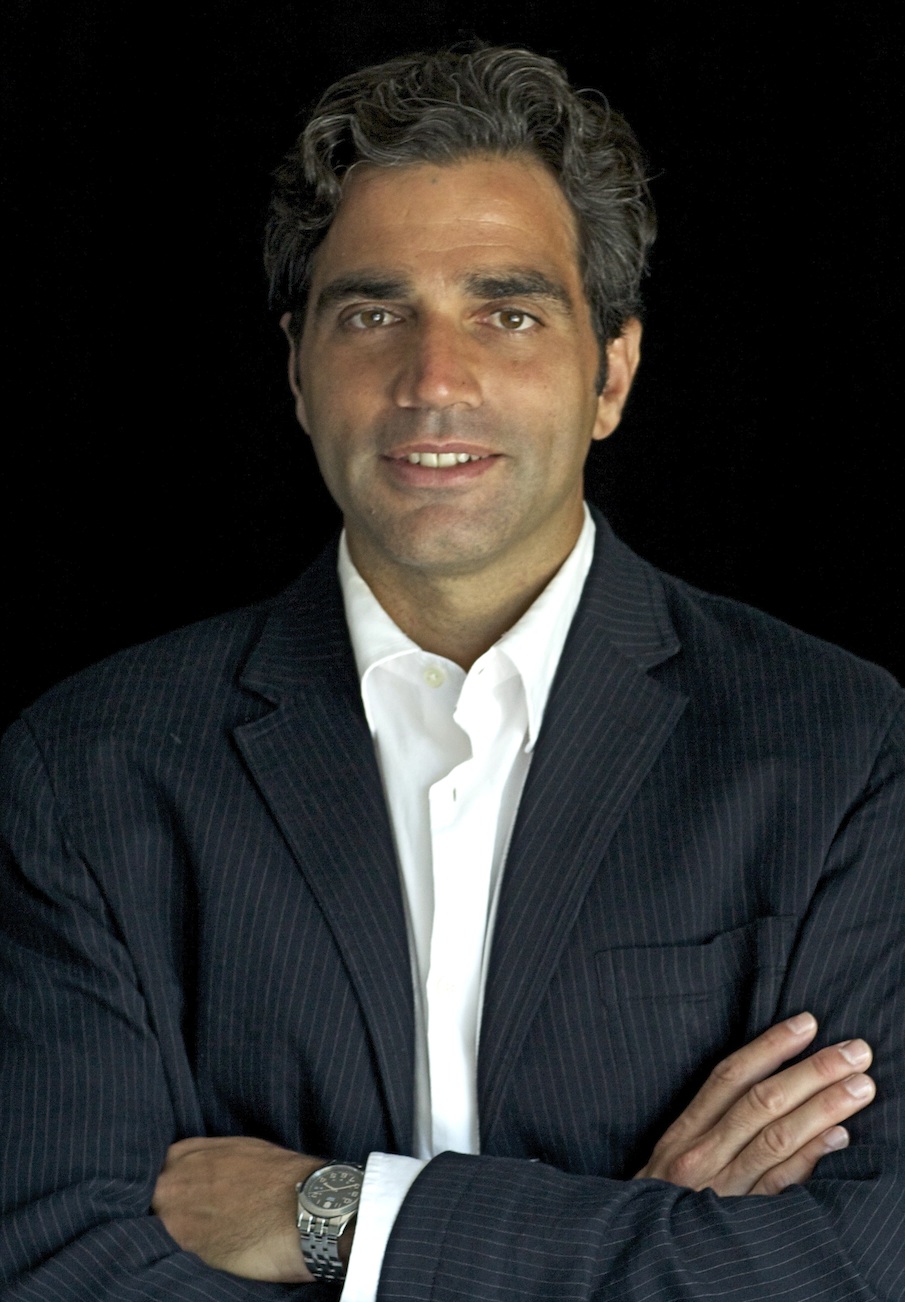Event

Joseph Luzzi
A Certain Tendency: Poetics of Adaptation in the Italian Art Film
Of all the national cinemas, the eminent film historian Gian Piero Brunetta writes, Italy’s has hewn most closely to the structures and legacies of literary history, a situation he describes as a “grande migrazione” (“great migration”) of genres from literature to the screen (One Hundred Years of Cinema, 1995). My presentation seeks to explain just why a critical mass of Italian directors from the neorealist and auteur generations—especially Vittorio De Sica, Pier Paolo Pasolini, and Luchino Visconti—were able to make such critically acclaimed and aesthetically influential cinematic adaptations of literary works. I will focus on the profound role that poetic forms and concepts have played in the nation’s film history, as I trace the centrality in Italian aesthetic thought of poesis or “poetic making,” a philosophic concept that would directly and indirectly shape the work of many Italian directors. Overall, I aim to show how a “certain tendency” of Italian film (to borrow a phrase from François Truffaut) has been its interdisciplinary use of poesis as a means for understanding cinema’s relation to the sister arts, especially literature, through the process of adaptation.
Joseph Luzzi (PhD, Yale) is associate professor of Italian at Bard College, where he has taught since 2002, after a visiting position at the University of Pennsylvania. He is the author of Romantic Europe and the Ghost of Italy (Yale Univ. Press), which received the MLA’s Scaglione Prize for Italian Studies and was named an Outstanding Academic Title by Choice. His honors include an essay award from the Dante Society of America, a teaching prize from Yale College, and a fellowship from the National Humanities Center. Luzzi’s next academic book, A Cinema of Poetry: Aesthetics of the Italian Art Film, Neorealism and Beyond (forthcoming from Johns Hopkins Univ. Press), explores how films produced during Italy’s cinematic golden age influenced longstanding debates in aesthetic history, especially in literature. Other forthcoming titles include: Rossellini’s “Voyage to Italy” (British Film Institute); and The Total Art: Italian Cinema from Silent Screen to Digital Image, an anthology he is editing for Bloomsbury. He has also been commissioned by Princeton Univ. Press to write Dante’s “Divine Comedy”: A Biography, for its Lives of Great Religious Books series. An active critic, Luzzi’s essays and reviews have appeared in the New York Times, Los Angeles Times, Bookforum, and the Times Literary Supplement, and he has written on film for Cineaste and the American Scholar.
